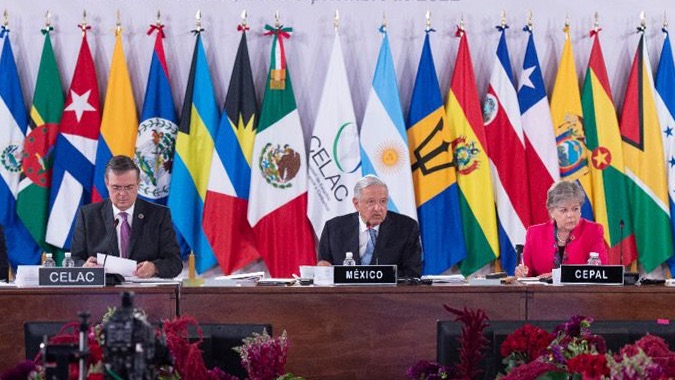Title: Wildfire Crisis Management: Lessons from North American Approaches
Introduction: As the climate crisis escalates, wildfires have become a pressing issue in North and South America. The devastating impact of these fires on our environment, communities, and wildlife cannot be ignored. In order to effectively address this crisis, we must learn from the experiences and approaches of North American countries. This article aims to provide professional advice and insights on how we can manage the wildfire crisis, promote unity, and encourage individuals to develop skills in addressing contemporary climate and environmental issues in North and South America.
-
Understand the scale and urgency of the problem: Wildfires have become increasingly prevalent and destructive in recent years. It is crucial to recognize the gravity of this situation and the urgent need for action in order to protect our ecosystems and communities.
-
Enhance proactive measures: Preventing wildfires is more effective than fighting them. Invest in measures such as controlled burns, improved land management practices, and public education campaigns to reduce the risk of fires.
-
Strengthen interagency collaboration: Collaboration between government agencies, firefighting services, and local communities is paramount. Establish effective communication channels to ensure a coordinated response to wildfire incidents.
-
Invest in research and technology: Continuously advancing research and technology can significantly improve our ability to predict, detect, and combat wildfires. Explore innovative solutions such as early warning systems and aerial firefighting technologies.
-
Foster community resilience: Engage and empower local communities to actively participate in wildfire prevention and response efforts. Educate individuals on fire-safe practices, evacuation plans, and community-based fire response teams.
-
Prioritize indigenous knowledge and practices: Learn from the wisdom and practices of indigenous communities, who have long-standing expertise in managing fire-prone landscapes. Incorporate indigenous knowledge into wildfire management strategies.
-
Improve evacuation procedures: Enhance evacuation plans and ensure they are accessible to all residents, including those with disabilities or language barriers. Regularly conduct drills and educate the public about evacuation routes and safety protocols.
-
Establish regional cooperation: Promote cross-border collaboration between North and South American countries to share resources, expertise, and best practices in wildfire management. By working together, we can address this crisis more effectively.
-
Strengthen firefighting capacity: Invest in training and equipping firefighting personnel with the necessary resources and tools to effectively combat wildfires. Regularly update firefighting equipment and vehicles to ensure optimal performance.
-
Emphasize long-term ecosystem restoration: After a wildfire, focus on restoring damaged ecosystems and biodiversity. Implement reforestation programs and support organizations that specialize in ecological recovery.
-
Raise public awareness: Educate the public about the causes and consequences of wildfires, emphasizing the role of climate change. Encourage individuals to adopt sustainable practices and reduce their carbon footprint to mitigate the risk of future fires.
-
Support legislation and policies: Advocate for stronger legislation and policies that prioritize wildfire prevention, management, and ecosystem protection. Engage with elected officials and contribute to initiatives promoting environmental sustainability.
-
Cultivate a culture of resilience: Inspire individuals to develop skills and knowledge in addressing climate and environmental issues. Encourage participation in workshops, training programs, and volunteering opportunities related to wildfire management and ecological restoration.
-
Share knowledge and experiences: Actively share experiences, success stories, and lessons learned across North and South America. Utilize digital platforms, conferences, and community events to foster collaboration and exchange ideas.
-
Spread the word: Share this article with others to raise awareness and inspire action. Together, we can make a difference in managing the wildfire crisis and promoting unity in North and South America.
Conclusion: The wildfire crisis requires immediate attention, collective action, and innovative approaches. By learning from North American approaches and experiences, we can develop effective strategies to manage wildfires in both North and South America. Let us unite in our efforts to protect our environment, communities, and future generations. Are you ready to take on the challenge? Share this article and join the movement for a sustainable future. #WildfireCrisis #ClimateAction #NorthSouthUnity.







